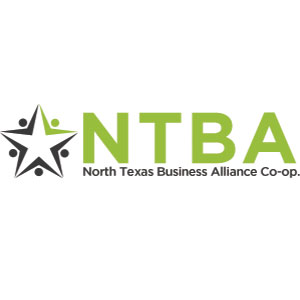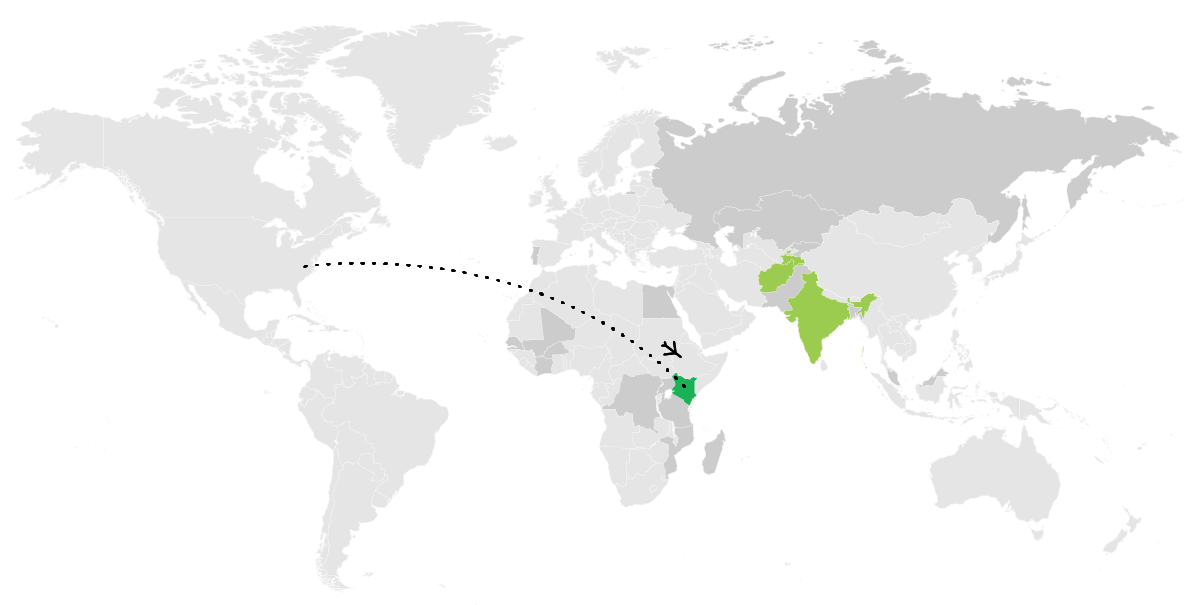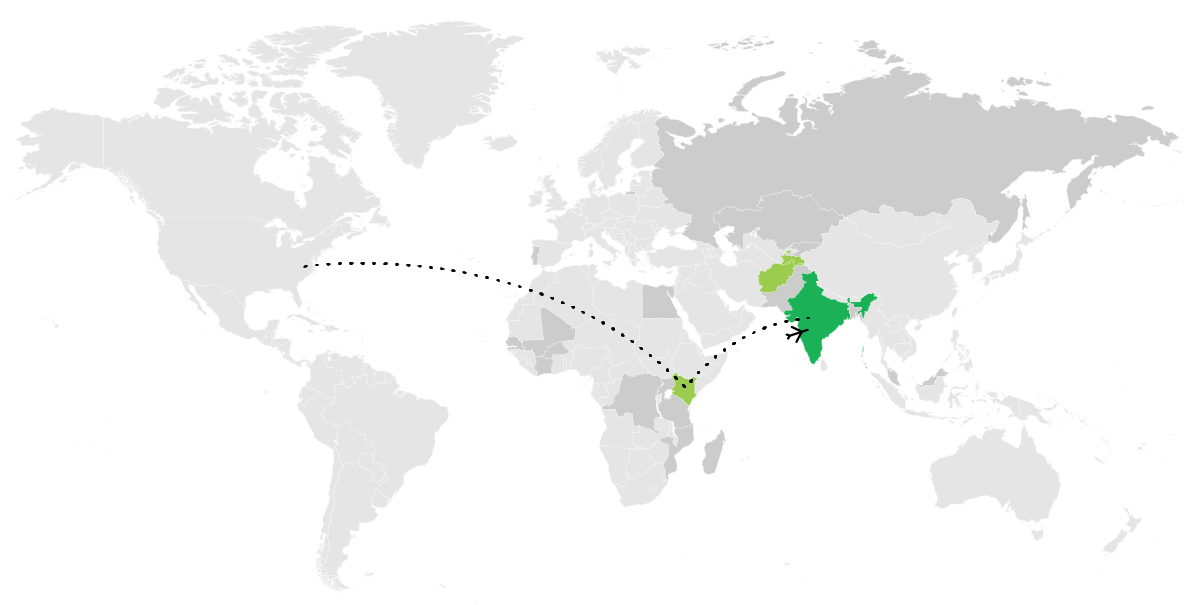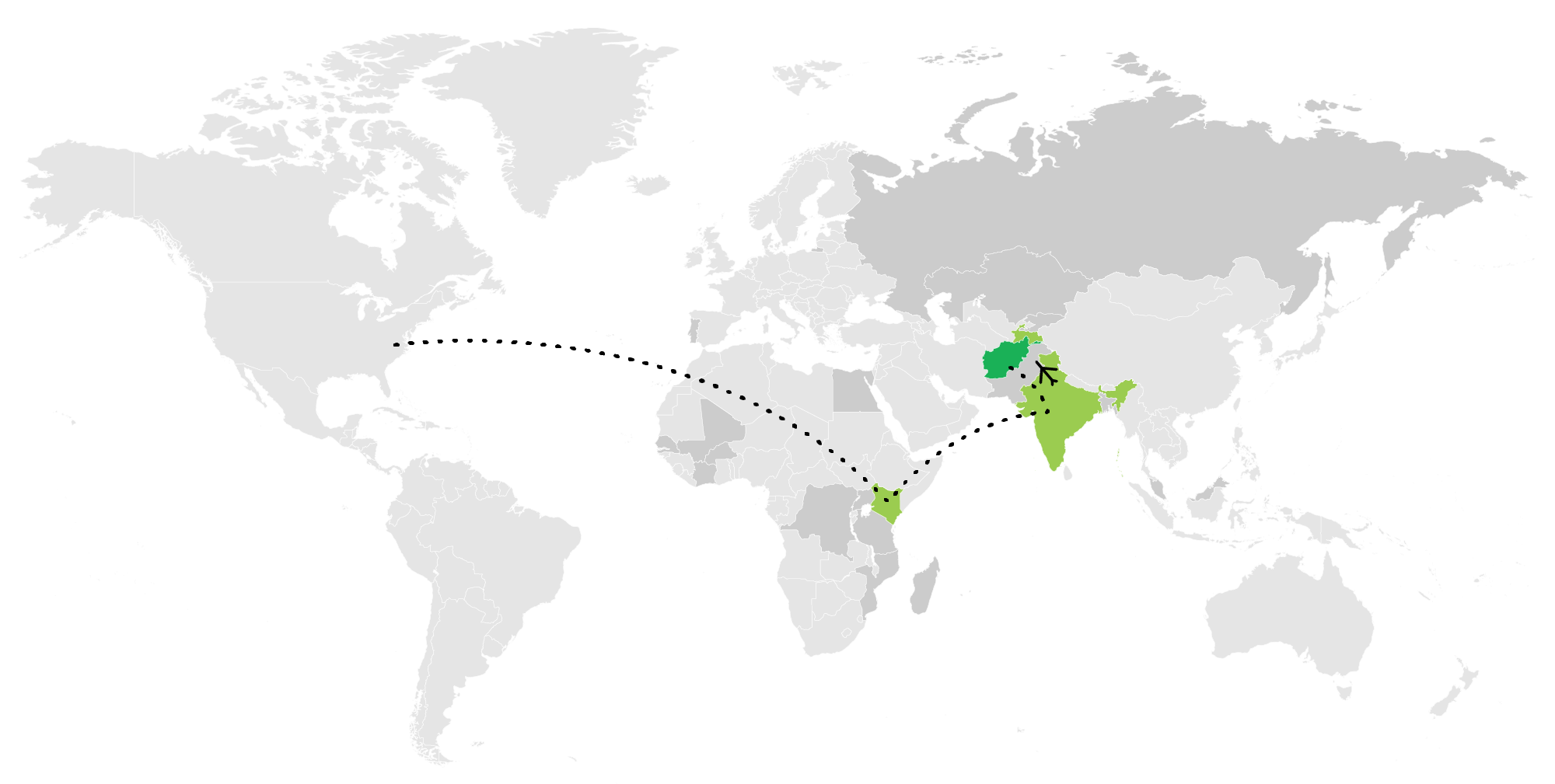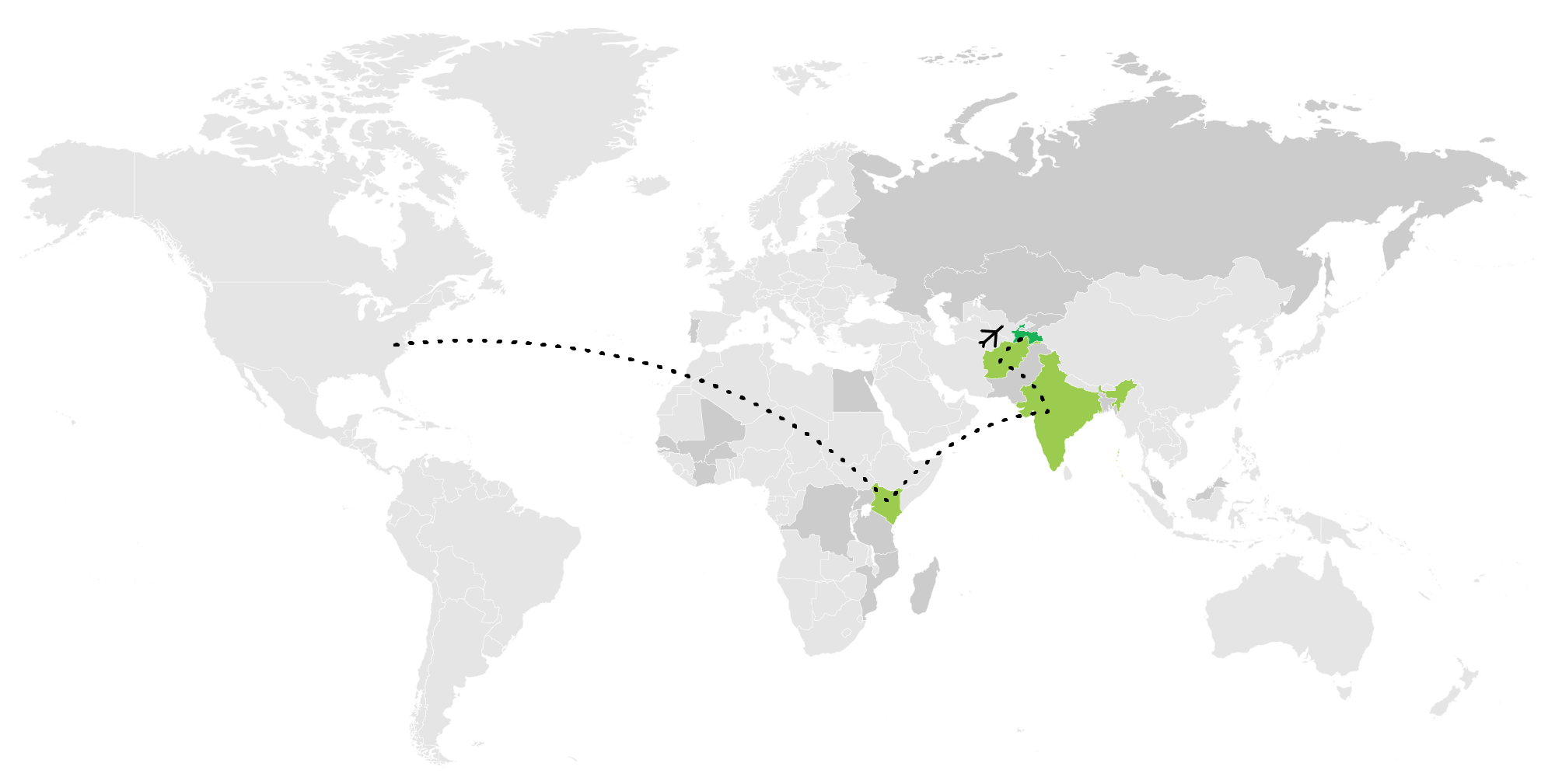Dear friends,
Ассалому Алейкум and welcome to Tajikistan, my friends!
It is my pleasure to greet you at the final stop of our first-ever Virtual Voyage. You’ve come a long way from home, and we’re so glad you made it!
As CEO of the Aga Khan Foundation here in Tajikistan, I lead the office in implementing a range of programs to ensure that people across the country thrive. AKF began working in Tajikistan in 1993. Since then, AKF has become a trusted leader in delivering high-quality programs to improve quality of life for roughly 1.9 million people.
Like so many others, Tajikistan – a country roughly the size of New York state – has grappled with the challenges brought on by COVID-19. To address this, AKF is contributing to national awareness-raising through local media and AKDN agencies, raising funds and sourcing supplies for government hospitals, addressing the food crisis, protecting livelihoods and enterprises, and providing innovative solutions to education disruptions.
The University of Central Asia (UCA), a critical member of the AKDN family, has been identifying, adapting, and developing teaching and learning materials for online and offline use. UCA also actively contributes to digitization in Central Asia, a process which has been accelerated due to COVID-19.
While this year has been ever-evolving, one thing has not changed: our commitment to the local communities we serve. On behalf of them, we extend our deepest gratitude to you, our supporters, for making this work possible.
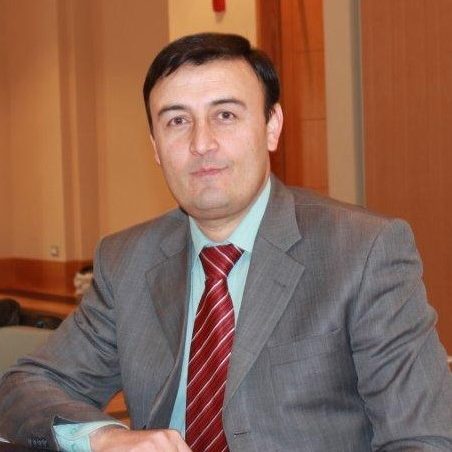
Kishwar Abdulalishoev
CEO
Aga Khan Foundation, Tajikistan
Our Impact in Tajikistan
The AKDN has been active in Tajikistan for almost 30 years. The Network works in all areas of the country, supporting programming that covers health and nutrition, education, economic development, microfinance, early childhood development, and humanitarian assistance and habitat. AKF has been key to activities in many of these areas, drawing on experience in other mountainous regions to address challenges that affect remote and difficult-to-reach communities.




Kenya
India
Afghanistan
Tajikistan
This feature is sponsored by Lalani Insurance Agency
Rising to the Challenge
UCA equips youth to address local and global issues
As Hangoma went about her sophomore year at the University of Central Asia’s (UCA) campus in Khorog, Tajikistan, life changed quickly.
Like many universities around the world, the University of Central Asia was forced to end the semester early and send students home when COVID-19 was declared a pandemic.
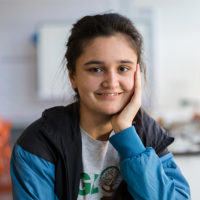
“Once the pandemic hit, no one went outside,”
Hangoma, University of Central Asia student
A unique university
UCA was created to equip students to undertake the challenges of today and tomorrow. The university was founded in 2000 with a unique focus on the social and economic development of the Central Asia region and its mountain societies.
Created through a partnership between the Aga Khan Development Network and the Governments of Tajikistan, the Kyrgyz Republic, and Kazakhstan, the university offers a globally recognized standard of higher education in the region. UCA opened its first undergraduate campus in Naryn, Kyrgyz Republic, in 2016. The following year, the university opened a second undergraduate campus nestled in the Pamir mountains in Khorog, Tajikistan.
UCA is dedicated to investing in the next generation of Central Asian leaders, and cultivating a spirit of community service and engagement in the surrounding mountain communities. For Hangoma, an education at UCA has helped her see herself as a changemaker.
Learning to create change
Hangoma grew up in Khorog, and has witnessed the vulnerabilities in the region, such as poverty, isolation, and the effects of climate change. She hopes to help solve these local issues, with a particular focus on environmental challenges.
“If there’s not flooding, there’s an earthquake. If there’s not an earthquake, there’s a mudslide. If not that, then there’s something else,” Hangoma said. “I know the Aga Khan Development Network is working on it, and I want to be part of that.”
“Hangoma is very passionate about bringing positive change to her hometown – Khorog,” said Dr. Murodbek Laldjebaev, Assistant Professor of Earth and Environmental Sciences at UCA.
Dr. Laldjebaev organized a student project to understand waste management on UCA’s campus, and Hangoma volunteered to lead the most difficult part — creating an inventory of waste generated by the campus canteen. Hangoma and her classmates’ work helped inform a report that Dr. Laldjebaev submitted to UCA’s campus management team, which started a conversation about waste management on campus.
“This is just one example of how dedicated Hangoma is about making a positive change,” Dr. Laldjebaev shared. “She boldly takes on difficult tasks that speak volumes about her care, courage, and perseverance.”
A new challenge
Now in her junior year, Hangoma is adjusting to learning remotely. She misses living on campus with her friends and easily connecting with instructors in person. As an Earth and Environmental Sciences major, remote learning doesn’t allow for the lab and field work that Hangoma enjoys.
However, she sees how remote learning is helping her grow to be more responsible and flexible. It’s also honing her ability to better manage her classes with responsibilities at home, which include cooking and washing dishes for her family of four. She’s remaining positive while looking forward to a future where she’s back on UCA’s bustling campus.
“Online classes have one advantage,” she shares. “When you miss information, you can record the lecture and then watch later.”
Dr. Mohssen Moazzen, the chair of the Earth and Environmental Sciences Department at UCA, understands why Hangoma misses the interactive component of her studies. UCA’s campus in Khorog allows him to teach students about geomaterials and mountain range formation amidst the fascinating geological setting of the Pamir Mountains.
This semester, Dr. Moazzen and his colleagues are incorporating virtual field trips and laboratories in the Earth and Environmental Sciences department. Although these virtual activities are not the same as in-person labs and field work, they are still helping students understand the practical side of environmental studies.
Before COVID-19: UCA students gather together to receive hands-on instruction in the lab. After COVID-19: Murodbek Laldjebaev, Assistant Professor of Earth and Environmental Sciences, delivers his online class.
Across UCA, faculty and staff are working to make distance education engaging and accommodating. The university is providing students with laptops and 30GB of Internet access each month.
Still, some students struggle with low Internet bandwidth and balancing classwork with their increased responsibilities at home. To help them continue to learn, professors are finding creative ways to teach. For example, Dr. Laldjebaev is supporting group work by joining calls with multiple devices — his phone, tablet, and computer — so that he can answer each student group’s questions.
“Instructors are enriching their knowledge of remote teaching,” says UCA’s Associate Dean and Professor of Mathematics Kholiknazar Kuchakshoev. During the summer, faculty members participated in trainings to learn how to use platforms like Microsoft Teams and Moodle to teach classes.
Dr. Kuchakshoev is also part of an online group where faculty members share their remote teaching experiences with each other to improve instruction across the campus. Although he looks forward to meeting with students in person again, he also sees a new opportunity, mentioning, “I hope we will develop blended teaching at UCA.”
Looking ahead
As Hangoma continues her education at UCA, she’s considering the local and global challenges she wants to help tackle. She’s interested in protecting endangered species and improving the quality of life for people living in remote areas, including better environmental governance and rural development.
“We have to find a better way for addressing the issues because we are all part of one system,” she states. “We cannot function independently, and we all have to think about the future generation.”
After graduating from UCA, Hangoma would like to pursue a Master’s degree. Although the pandemic unexpectedly changed Hangoma’s education, she is still passionate about learning and using her education to make a difference.
“My studies have changed me,” Hangoma says.
“I chase new things every time I read.”

"I feel blessed that AKF gives me the opportunity to make a difference. In these times, we want to do everything in our power to help and support families who are facing difficult situations."
Laila S.
Donate to support our work today
Your support is needed now more than ever. For decades, your generosity has contributed to AKF’s wide range of development activities around the world. With your help, we can continue this critical work during a time when the world needs us the most.

Homecoming
To commemorate the end of our Virtual Voyage, watch the Homecoming Celebration — a virtual event that showcases the impact of our efforts! Watch now to hear more inspiring stories of AKF’s work, see our community of supporters across North America, and celebrate our collective impact.
Proudly Sponsored by
Transformational Sponsors



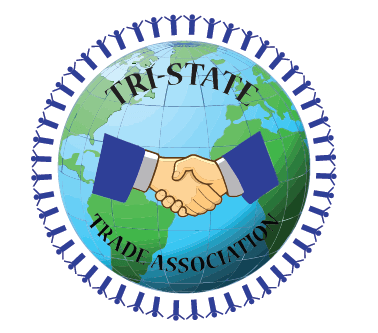

Visionary Sponsors



Changemaker Sponsors




